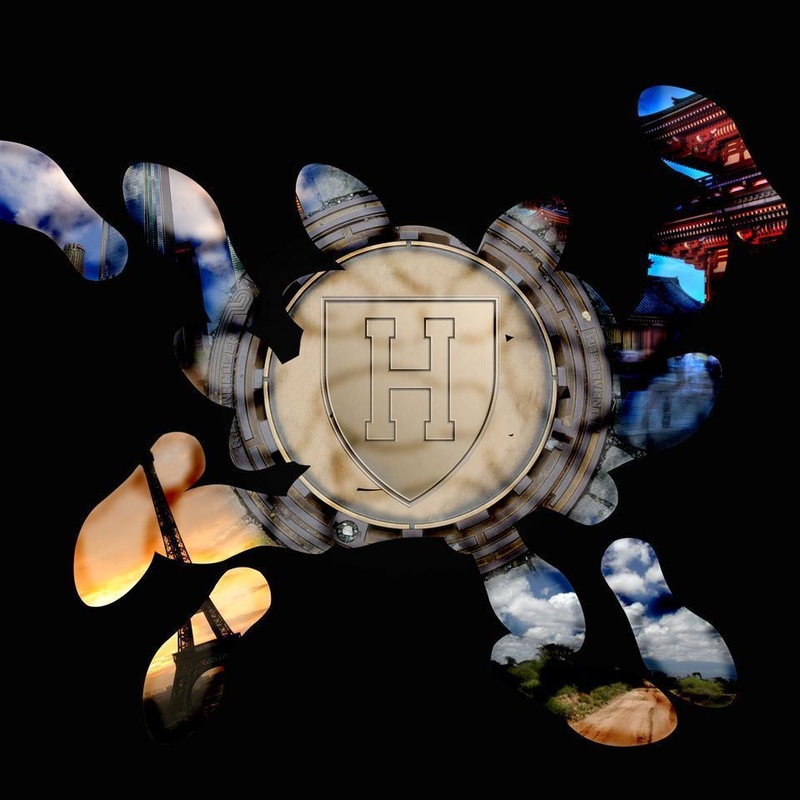Frank Zappa once said, “Art is making something out of nothing and selling it.” To the outsider, it might appear that making something out of nothing poses the real challenge; selling the product should be easy. But to the traveling art student, quite the opposite seems true. The creating is easy; it’s the selling that’s hard.
Each year, Harvard offers an extensive list of grants of up to $5,000 to students with artistic inclinations. The list includes Artistic Development Fellowships, meant to “nurture the artistic development of promising and/or accomplished students in the arts;” the Isenberg Fellowship for traveling dramatists; and the Sydney Williams, Jr. Traveling Fund for the Visual Arts. These grants provide opportunities for aspiring artists to expand their horizons, develop their talents, and gain real world experience in their fields of interest.
Ironically, though, Harvard’s financial and institutional support this summer allowed traveling artists to realize that a successful career in the arts requires far more than a degree. Ultimately, these students learned that real-world artistic production is much more difficult outside of the Harvard Bubble. A few summer months in professional settings taught them an entirely new skill set, one that requires collaboration, proactive networking, and perhaps even more work than they receive at Harvard.
BEYOND THE GATES
Using her Artistic Development Fellowship, Sofia M. Selowsky ’12 spent her summer participating in the Salzburger Festspiele, an annual festival of music and theatre in Salzburg, Austria. The program, funded by Harvard and hosted by the University of Miami, opened her eyes to the demands of an opera singer’s lifestyle.
“In Austria and Germany, when you’re working as an opera singer, you get a contract,” says Selowsky. “You sing there for two years. You can be singing six hours a day. It’s pretty crazy but you get the benefits of a steady job.” Not all American performers can say the same.
In this way, the life of the opera singer is not too different from that of the young writer. Molly O. Fitzpatrick ’11, an editor for the Crimson Arts Board, spent her Artistic Development Fellowship on a busy summer in New York City. She balanced internships at Gawker, the New Yorker, and the online movie magazine Premiere.com with screenwriting classes at New York University’s Tisch School of the Arts.
“It was odd,” she says, “because the class met in the evenings and it was tough because I was in the city, interning full-time. [When] I took the screenwriting classes I took at Harvard, they were top priority, whereas this one, I would be tired from work, and I would get home, and I would be wearing horrible business casual pants, and then I would have to start writing. In a lot of ways it was a close approximation to working on assignment.”
Abigail F. Schoenberg ’12, a Visual and Environmental Studies concentrator, funded her filmmaking trip to Uganda through the Williams Fund. One of her particular missions was to make a documentary for the Kasiisi Foundation, a non-profit run by Currier House Master Elizabeth A. Ross dedicated to improving women’s health and hygiene in third-world countries. During her project, Schoenberg found herself grappling with the classic paradox of artistic observation. “The biggest challenge that I had to face was that the kids there—whether I had the camera or not—would see me and just stop what they were doing. It was very hard to capture things on the camera because they would stop and just look at me.”
In a third-world country, these challenges were particularly pronounced. “Access in filming is always an issue,” she says. “Especially in the U.S., everybody is so paranoid, but access abroad is a totally different beast all together. People either don’t know what the camera is—they’re really curious—or a couple times I got, ‘Oh, this mzunga, this white girl, she’s just here to make money off of our pieces, we don’t want you to film us.’”
MEAT AND POTATOES
Above and beyond scheduling challenges and technical details, these itinerant artists had to make more conceptual adjustments. Chad R. Cannon ’11, a Music concentrator, spent his Artistic Development Fellowship on experiences in both Paris and Los Angeles. In Paris he developed the theoretical skills necessary for a career in musical composition. In contrast, his time in Los Angeles was spent honing far more practical skills.
In Paris, Cannon took part in a program run by the European American Music Alliance in memory of the twentieth century classical musical teacher Nadia Boulanger. The rigor of the program gave him a solid foundation for the more intangible aspects of his art. “So much of what composers nowadays are concerned with is style,” he says. “You know, ‘Who do you sound like?’ But in this program in Paris we boiled it down to ‘What is harmony? How do these notes function?’ It really gives you the meat and potatoes of composition and then you can take that back to style.”
In L.A., Cannon experienced first-hand the professional world of composition by working closely with Hollywood composer Chris Bacon. Bacon has composed for such films as Christopher Nolan’s “The Dark Knight” and M. Night Shyamalan’s “The Last Airbender.”
“The Paris program was very academic, very analytical,” he says, “but the Los Angeles experience was definitely on-site. This was how he was making his living. He was creating a product that he sells. It was very commercial—making music that you sell as opposed to an academic pursuit where you create art.”
Read more in Arts
Best Coast Ride the Chillwave













